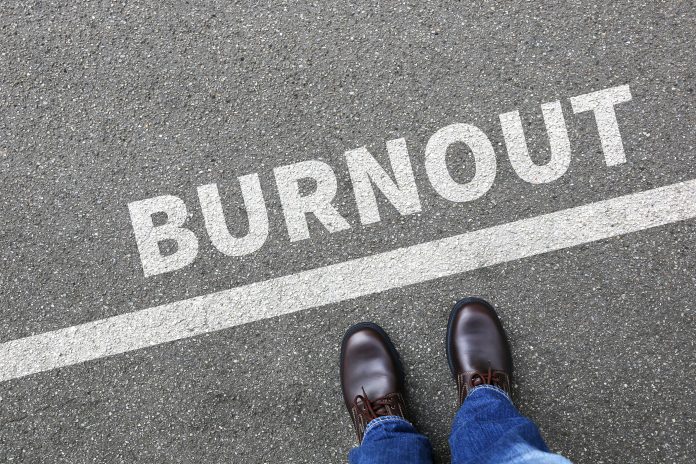Did you know that there are literally millions of family caregivers across North America?
How many millions? Oh about 17+. Ranging in age from 20 years old and up. Because our population of 65+ seniors increases everyday, the demands on family to provide caregiving increases, too.
The family caregiver may already have a family of their own at home. And many are working full-time.
So what does this need for family caregiving mean?
It means that we have millions of 20, 30, 40, 50 and 60 year olds providing caregiving to a family member when they are already overloaded with life.
It means the family caregiver (if not already) will be at risk of burnout, depression, anxiety issues and more. Many are feeling guilty for not being able to do more. They want to visit more and would prefer to care for their seniors in their own homes, which is not always possible. So they visit when they can, they come home from work completely drained. They are overwhelmed, exhausted and feeling terrible.
It means that other personal aspects of the family caregiver’s life may be at risk. They become pulled in all directions, spouses, children, other family members and friends.
It means their work performance will likely suffer because they need some time off here and there to do caregiving activities. When they are at work, they are worried about their responsibilities outside of work. They have trouble staying focused and meeting the job expectations they have done for years. They are overwhelmed and at risk.
It means that the senior may not have all the support they need. Or at least not as much as what may be available to them outside of their family caregiver.
We need a solution that allows all of the people impacted by a family caregiving need. There needs to be support so it is not so taxing on the family caregiver. If there was an opportunity to provide additional support to the caregiver and the senior, then that would help everyone out. Especially in situations where caregivers provide caregiving for long periods of time.
If you know of someone who is caregiving, don’t just ask them how they are doing. Ask them if you can give them a much needed break. Can you run an errand for them? Can you stop by to check in on the senior for them? That LITTLE bit of time you offer them will likely make a BIG difference in their day. We need to do more as a nation to help family caregivers.
See original article with details on this report.






















